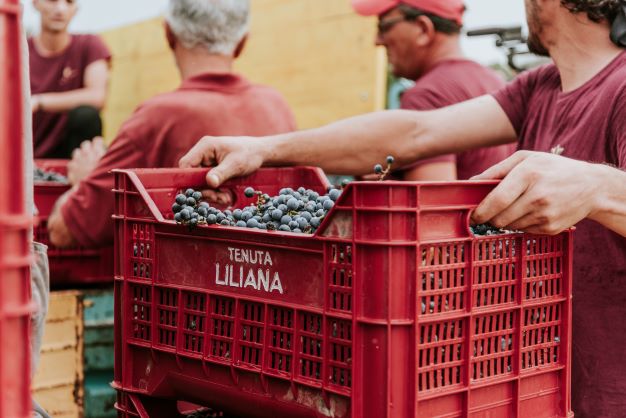It might seem a little idealistic to claim I can cover all the important topics related to wine, and indeed it probably is; but I like to think that I can intrigue my readers in some fashion, and encourage them to look further into this amazing world.
If we start with the notion that wine is made from fermented grapes, I think we need to begin by looking at the life-cycle and growth of the vine, in order to understand how the fruit originates, develops and is harvested. I would like to encourage you to walk among the rows of vines at different times of year, so that you grasp the importance of these various stages.
Then, after you have explored the development of the grape, you need to cross the holy threshold into the cellar, where you’ll be drawn into the fascinating world of winemaking, with the sacred transformation of grapes into wine. And here our student will be amazed to discover that there are different vinification methods for white, red, rosé or sparkling wine. At this stage, you’ll learn the meaning of such important words as maceration, yeast, racking, fermentation, etc.
Now that you’ve learned the basics, it’s time to look at the geography, starting with the wines of Italy, and moving on to the wines of Europe and finally the world.
When you’ve understood the theory, you can then start examining a single wine you’ve encountered in rather greater depth. This includes its place of origin – and so the particular region and terroir, the producer and his company philosophy, the vine or vines from which it is made, the vintage, and the methods used to produce it.
But at this point I need to point out an essential difference. It is certainly commendable when a curious person, or a wine lover, improves his knowledge of the subject, learning some basic concepts and terminology so that he can talk freely about wine. However, I think it is crucial that a person serving behind a counter, or rather working in the context of a wine shop or a restaurant, should know how to communicate the subject of wine. And here’s the difference: talking and communicating are two sides of the same coin, but quite distinct in meaning. The customer needs to be able to express himself, but the member of staff should be able to help whoever is on the other side of the counter.
So, anyone working in this sector should ensure they are properly informed and prepared, by studying, visiting wine companies, and having instructive talks with producers. Similarly, anyone employing people in this sector should ensure they have the right tools and sufficient time to learn all the important details, and also to learn to communicate diVinely.
Because I will never tire of repeating the fact that wine is an extraordinary world – but nevertheless it is a world. You therefore need to develop strong legs to travel through it, and you need to be sure of your steps.
Ilaria Giardini
for Tenuta Liliana





